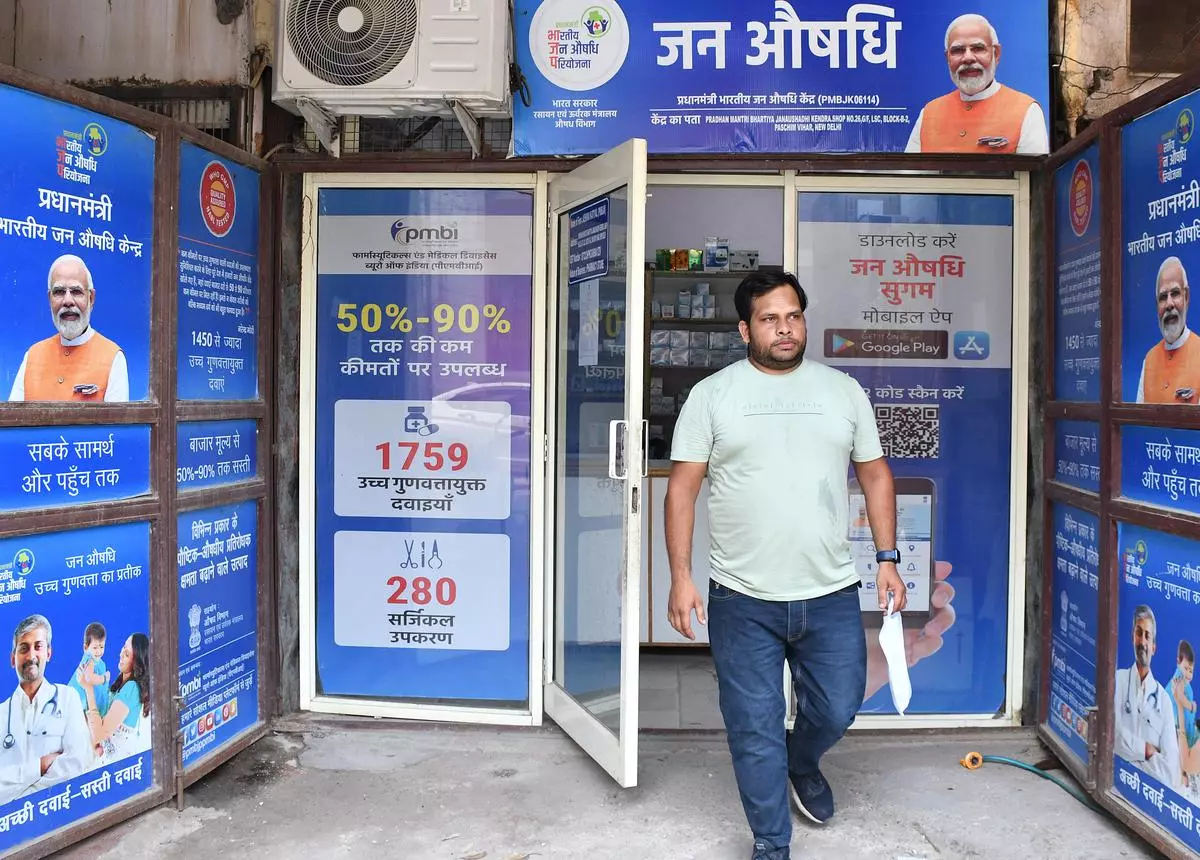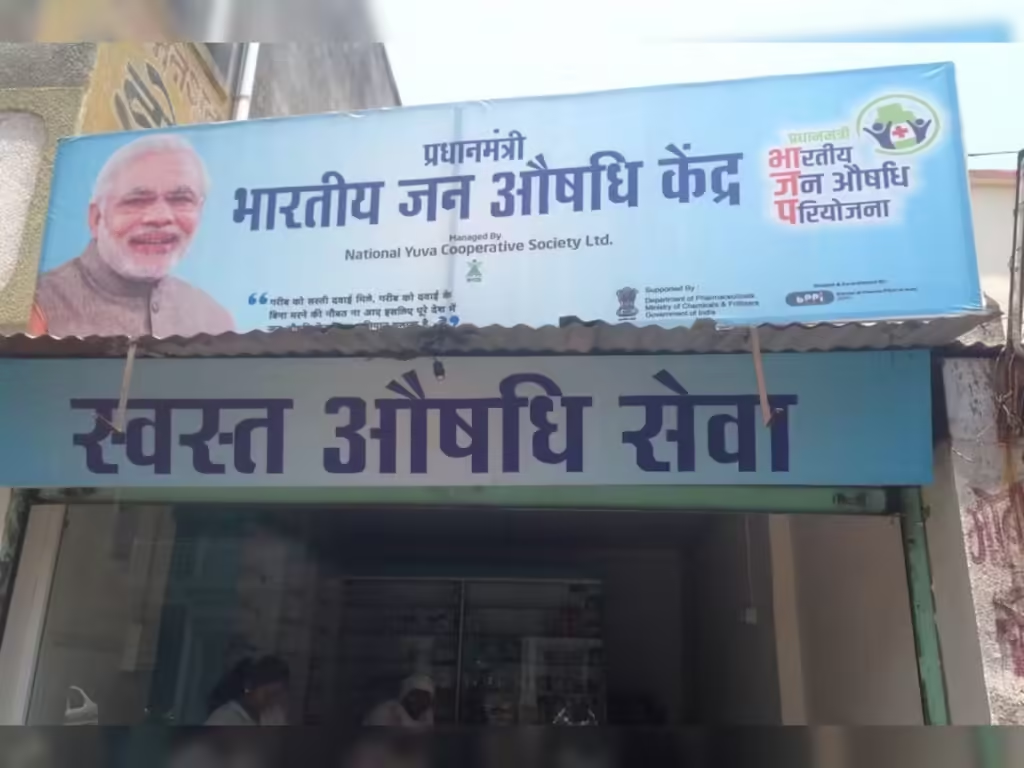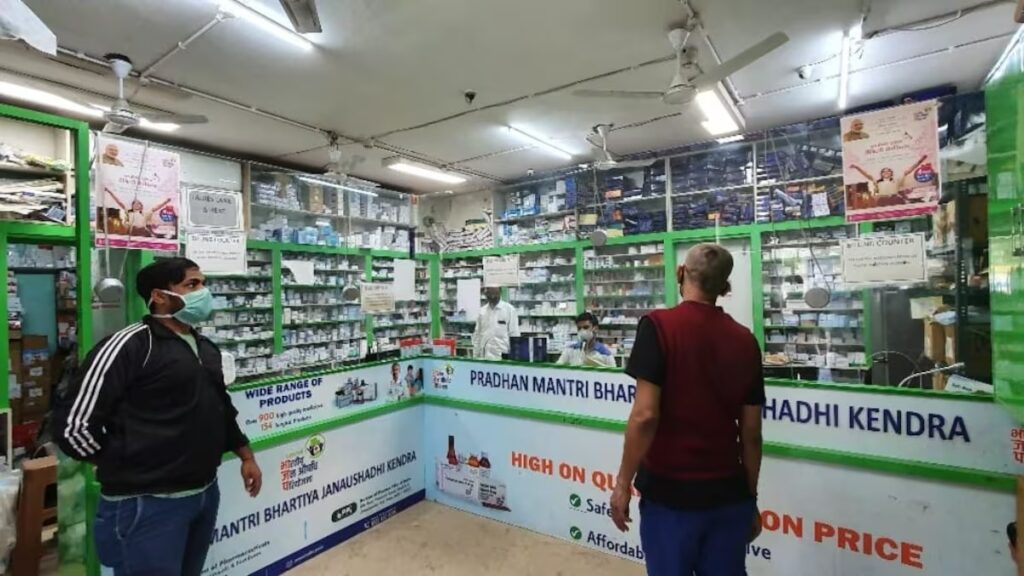Address
93/D LIC Colony, Tagore Town.
Prayagraj 211002
Work Hours
Monday to Friday: 11AM - 5PM

India’s healthcare system has long been plagued by the issue of unaffordable medicines. The high cost of branded medicines has made it difficult for many people, especially those in lower-income groups, to access the medical care they need. However, the government’s initiative to establish Jan Aushadhi Kendras has brought about a significant change in the healthcare landscape. In this article, we will explore how Jan Aushadhi Kendras are making medicines more accessible and affordable for all.
Jan Aushadhi Kendras are dedicated stores that sell affordable generic medicines under the Pradhan Mantri Bhartiya Janaushadhi Pariyojana (PMBJP) scheme. These stores are designed to provide high-quality medicines at a fraction of the cost of branded medicines. The scheme was launched in 2008 with the aim of making quality medicines accessible to all, especially the poor and the marginalized.
Jan Aushadhi Kendras source their medicines from WHO-GMP certified suppliers and each batch is tested at NABL accredited labs to ensure quality. The medicines are then sold at a price that is 50-90% lower than the cost of branded medicines. This makes it possible for people to access the medicines they need without breaking the bank.
The impact of Jan Aushadhi Kendras on healthcare has been significant. By making medicines more affordable, these stores have helped to reduce the financial burden on patients and their families. This has led to an increase in the number of people seeking medical care, which in turn has helped to improve health outcomes.
The benefits of Jan Aushadhi Kendras are numerous for patients. Some of the key benefits include:

Jan Aushadhi Kendras also have benefits for healthcare providers. Some of the key benefits include:

While Jan Aushadhi Kendras have had a significant impact on healthcare, there are still some challenges that need to be addressed. Some of the key challenges include:
To address these challenges, the government and other stakeholders need to work together to increase the availability of Jan Aushadhi Kendras, raise awareness about the scheme, and ensure that the quality of medicines sold at these stores is maintained.
In conclusion, Jan Aushadhi Kendras have had a significant impact on healthcare in India by making medicines more affordable and accessible. By providing high-quality medicines at a fraction of the cost of branded medicines, these stores have helped to reduce the financial burden on patients and their families. While there are still some challenges that need to be addressed, the benefits of Jan Aushadhi Kendras are numerous and have the potential to transform the healthcare landscape in India.